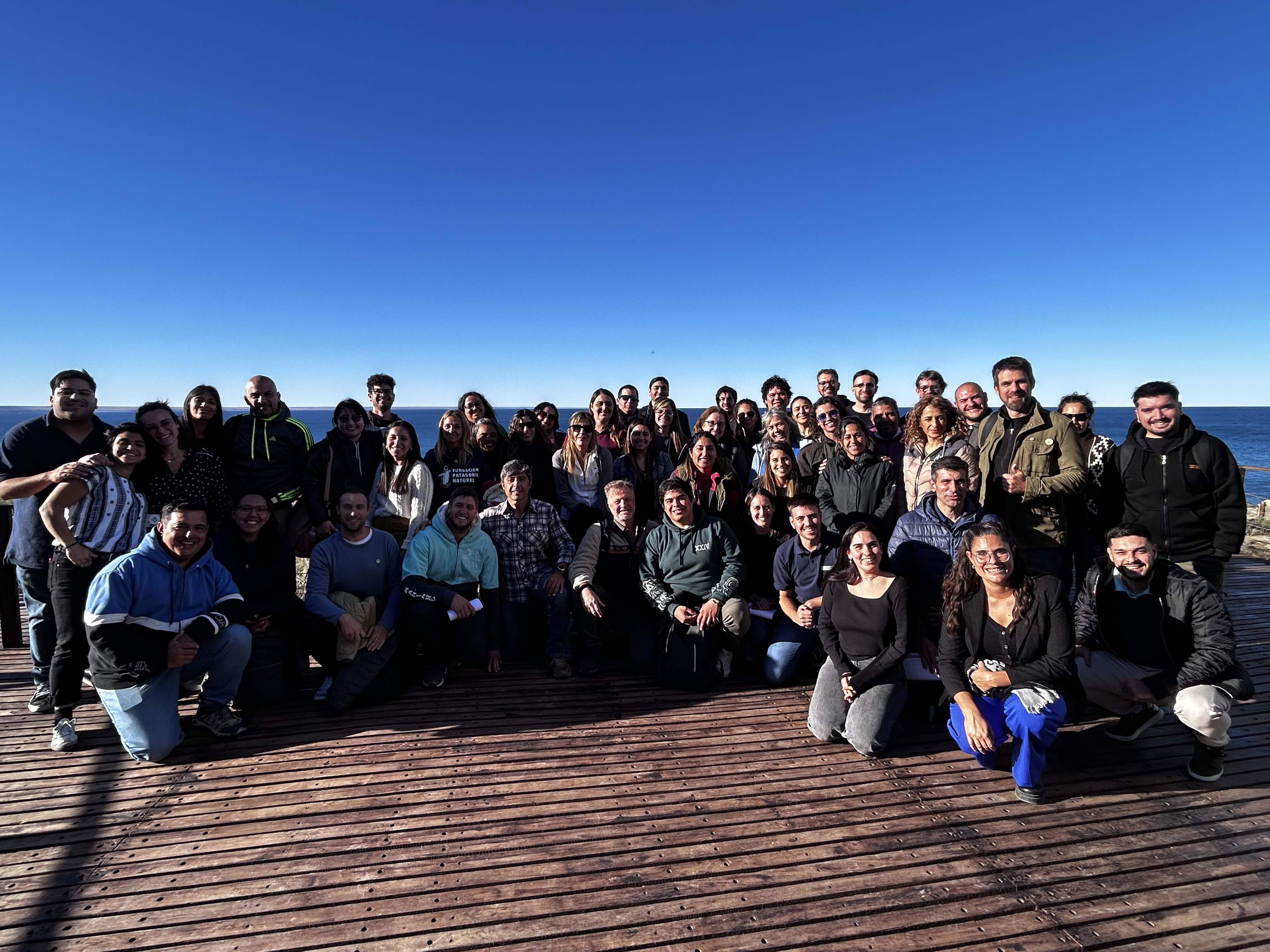More than 45 teachers from 15 schools in Chubut Province, Argentina, participated in the first training to launch our newest capacity building partnership: the YouthEnergy project.
OpenAFPM: An Open Source Software Tool for Designing Generators in Wind Power Systems
This series of design tools have been developed by the Rural Electrification Research Group (RurERG), which is part of the Smart RUE (Smart Grids Research Unit of the Electrical and Computer Engineering School) of the National Technical University of Athens (NTUA), in order to assist designers and practitioners involved with small scale wind electric systems.
The OpenAFPM tools series consists of three design tools named MagnAFPM, UserAFPM and OptiAFPM.
- MagnAFPM can be used for designing a generator for a specific set of rotor blades and a specific set of permanent magnet dimensions
- UserAFPM can be used to validate the performance of a generator of a specific geometric design
- OptiAFPM uses the particle swarm optimisation (PSO) to optimise the dimensions of the permanent magnets used in the generator design for a specific set of rotor blades, maximising the generator’s efficiency, whie minimising cost and/or mass
A corresponding webinar entitled Design of Axial Flux Permanent Magnet Generators for Small Wind Turbines using the Open AFPM online tools will take place on 19th April 2018, 3pm CEST.
The creation of this online user interface has been part of this SEPS Exchange Activity: Online Design Tools for Locally Manufactured Small Wind Turbines


